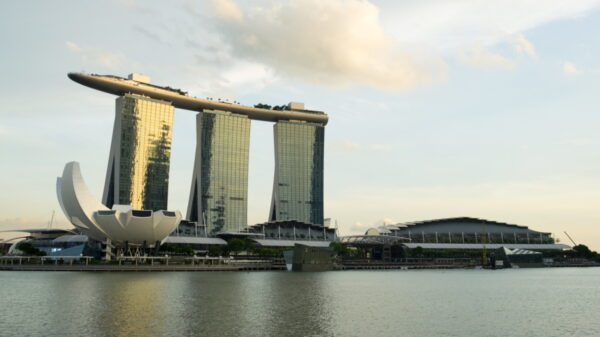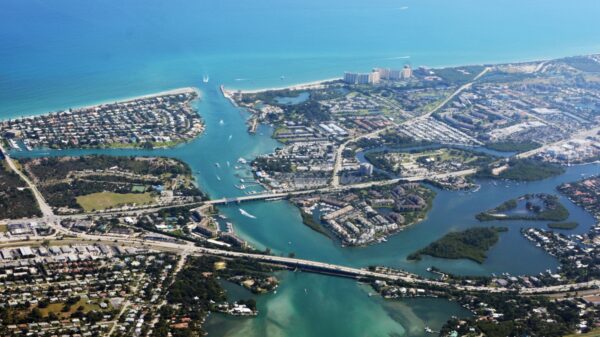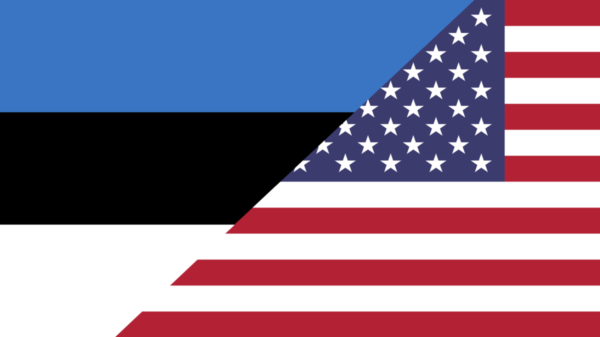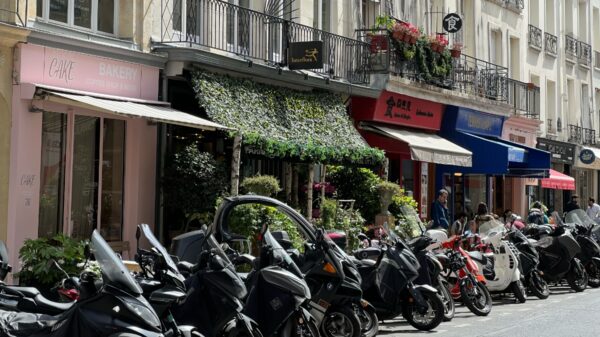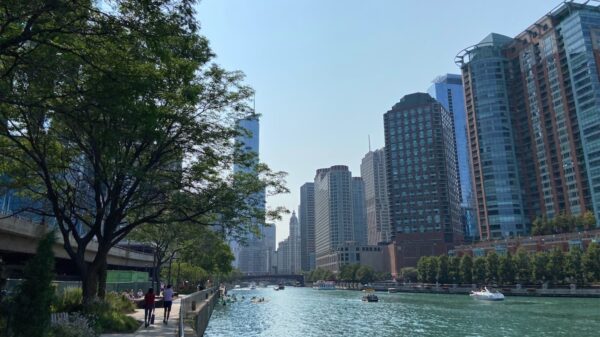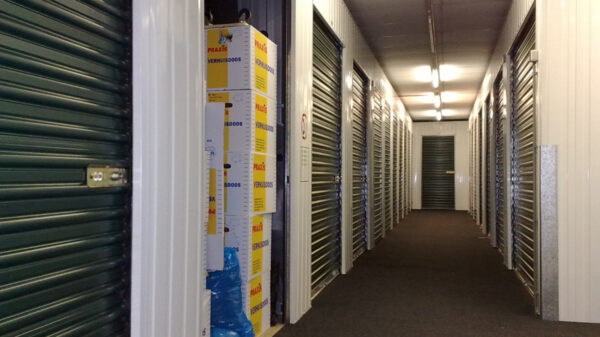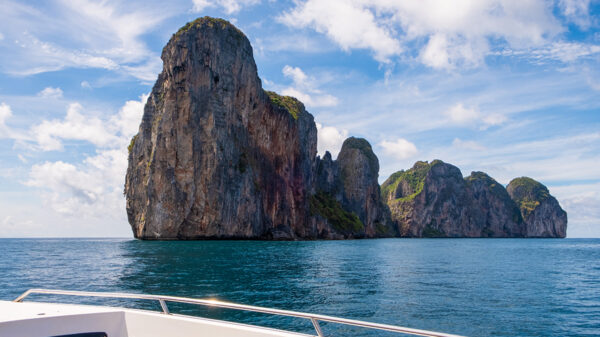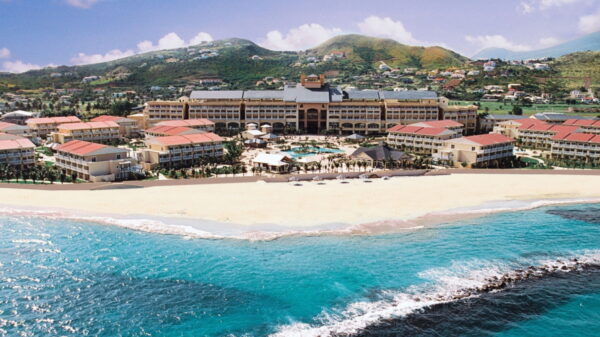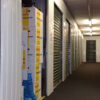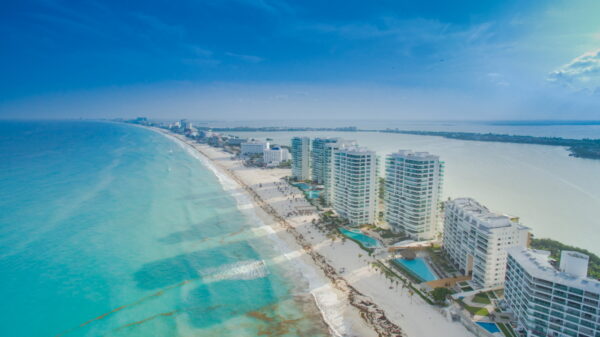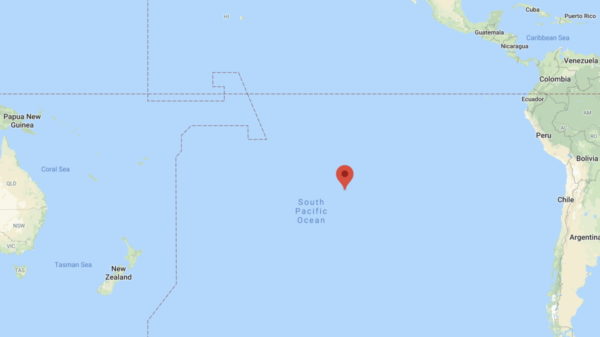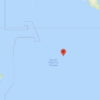One of the greatest advantages of living a location independent lifestyle is access. Access to all that the world has to offer including the best banks and financial services companies. In this guide, I explain how to create a banking strategy that leverages this access.
How to build your strategy
To build a solid banking strategy, a number of factors have to be taken into consideration. In my experience, the most important ones are stability, cost, convenience, customer service, the quality of the products and futureproofing.
Stability is something that most people tend to undervalue at their own perils. Just ask your friends and family members about the fundamentals of the banks they have accounts with. I bet that none of them have a clue and that is worrying in an age where an increasingly large number of people rely on “non-bank” banking products. These are typically excluded from government protection schemes and the companies offering them are not as tightly regulated as banks are. Famous examples include Revolut, Wise and Neat. External factors also have to be taken into consideration as no bank operates in a vacuum. Banking collapses, currency devaluations and regulatory changes have happened in many countries over the past decades and will continue to be a risk for the foreseeable future. It is thus important to take stability very seriously.
Cost is an obvious one. No one likes to be ripped off and that is especially true when it comes to banking fees. By carefully selecting the right banks and building the right framework around them, it is possible to completely, or nearly so, eliminate banking fees from your life. No more monthly fees, wire transfer fees, ATM withdrawal fees, forex fees etc.
Convenience is something you may think you have right now but I can guarantee that you will change your mind once you realize what is out there in terms of possibilities. How about instant global wire transfers, frictionless brokerage accounts, instant notifications for every transactions, two-factor authentication that does not require a mobile phone number, wallet accounts that give you access to massive discounts, fee-free credit cards that grant lounge access…
Customer service is an absolute must. When things go south, and they invariably will at some point, being able to connect with your banks and get issues resolved will make all the difference. A few years ago, I lost my wallet while exploring Angkor Wat in Cambodia. I called my primary bank and asked for a replacement card. My account manager had one delivered to my hotel within 48 hours via DHL, at no cost to me. He also arranged for cash to be available at a local bank within the hour. That is pretty impressive, especially when you consider where I was, and it allowed me to continue traveling with very minimal time loss.
I cannot stress how important the quality of the products is. At the end of the day, the other factors listed here simply do not matter if the product sucks. Finding unbiased reviews of financial products, however, can be very difficult and this raises the following questions. How to rate the quality of a financial product? I have written a guide on the subject, I strongly recommend that you give it a read.
Lastly but not least, futureproofing. The farther we travel down the road to a cashless society, the more important the banks will become and the larger their impact on our lives will be. Not all of them will manage this transition well, however, so it is important to choose wisely to avoid friction in the future.
With the pillars covered, it is now time to move on to the strategy itself. The best way to explain how to build such a strategy, in my opinion, is through examples.
Examples
There is no one-size-fits-all strategy when it comes to banking. You should instead tailor your strategy to fit your own specific needs and long-term goals. Below are a number of examples that fit the most common scenarios.
Freelancers
The ideal strategy for most freelancers revolves around three accounts. A primary account for day-to-day transactions, a secondary account for savings and a backup account.
The primary account is the account that will be used to send and receive payments, pay bills and for the occasional ATM withdrawals. It should be denominated either in the currency of the country you spend most of your time in or in a currency that has a stable exchange rate with that country’s currency. For example, if you spend most of your time in South East Asia your primary account should be in USD, HKD, SGD or CNY. If you spend most of your time in Europe it should be in EUR. Your primary account should be accessible via a debit card that has no transaction fees, no ATM fees, no currency exchange fees and that is compatible with the mobile wallets (Apple Pay, Google Pay, Samsung Pay etc). A good mobile banking app is also a must and so is the ability to initiate international transfers online. The country where the account is located does not matter all that much as services like Wise can be used to interface between it and the freelancing platforms, clients etc. With that said, if you plan to apply for a credit card some countries offer clear benefits over others and this should be taken into consideration.
The secondary account is the account that will be used to store your savings (the portion that is not invested). For this reason, stability and a long-term alignment with your personal goals are what matter most. You may be thinking right now that you will travel forever but you probably will not. At some point, you will want to establish a base somewhere and it will be a lot easier to do that if your savings are well structured and compatible with your goals in that country. Personally, I have settled down in Hong Kong and that is why I keep most of my savings in CNY, SGD, HKD, JPY and USD. Other currencies I would recommend include the EUR, GBP, CHF, AED and NZD. Other factors to consider when choosing where to open your secondary account include the stability of the jurisdiction, the stability of the bank, interest rates and yields, whether any currency controls are in place and how interests are taxed.
The backup account, as its name implies, is meant to only be used in case your primary account becomes unavailable for some reasons. It should be located in a different country, for additional safety, and should provide similar benefits.
Consultants and Entrepreneurs
The ideal strategy for consultants and entrepreneurs revolves around four accounts. The first three are the same as for the freelancers and the fourth is for business transactions.
The business transactions account is the account that will be used for all business-related transactions that must be personally covered (for example, travel). It should be denominated in the same currency as the business, should ideally be located in the same country as the business and should be compatible with the most popular automation services (to simplify accounting automation).
Retirees
The ideal strategy for retirees revolves around five accounts. The first three are the same as for the freelancers, the fourth is an account in the country of residence and the fifth is an account in the home country.
A number of countries offer retirement visas (or equivalent) with a common requirement being that an applicant must be eligible to receive regular pension payments. The account in the country of residence, opened in the country that issued the visa, is used to prove the receipt of those pension payments. It should not be used for day-to-day transactions, however, hence the need for the primary account.
To facilitate the receipt of pension payments, an account in the home country should also be opened. Ideally, it should be opened at a bank that offers free (or cheap) wire transfers, has no maintenance fees and is friendly to non-residents.
Traders, Investors and FIRE
The ideal strategy for traders, investors and FIRE revolves around four accounts. The first three are the same as for the freelancers and the fourth is an account in the home country.
The account in the home country should only be used to facilitate the movement of money between the investment accounts and the other three accounts. It should offer free (or cheap) wire transfers.
Remote account opening
I often get asked whether it is possible to open a bank account remotely as a non-resident. The short answer is yes, it is possible. The long answer is that in most cases it will not be practical to do so and even when it is, you probably should not. Most “decent” banks will not open accounts remotely and why would they? It would increase their exposure to risk while offering no upsides as those who cannot afford a plane ticket rarely make profitable clients anyway. The exception to that are the private banks, many of whom open accounts remotely. Those banks usually have significant minimum deposit requirements, however, and are rarely suitable for day-to-day banking.
If you insist on opening an account remotely, your best bet will be to either try one of the challenger banks (N26, Monzo etc) or a bank in your home country. Provided that you have a valid ID (or credit history, in some cases), this should not only be possible but also fairly easy. You may also want to have a look at Standard Bank on the Isle of Man. They have USD, EUR, GBP and AUD accounts with dedicated UK IBAN numbers, a Visa debit card and no maintenance fees if above the minimum maintenance balance.
Pitfalls
A common mistake is to use introduction services to open overseas bank accounts. Let me make this clear, there is absolutely no need to use such services. They will rarely, if ever, increase your chances of approval. In most cases, all they will do is fill a few forms and book an appointment with the bank.
Another common mistake is to choose jurisdictions that are unstable and / or where the banks are poorly regulated. Such jurisdictions include Latvia and Cyprus in Europe, the vast majority of Caribbean nations (except for Bermuda, Cayman and the Bahamas), most Asian developing nations and all of Africa (except for Mauritius).
Even in first-rate jurisdictions, it is important to properly assess the stability of a bank before applying for an account. Most central banks conduct regular stress tests on their banks and the results are usually available free of charge.

